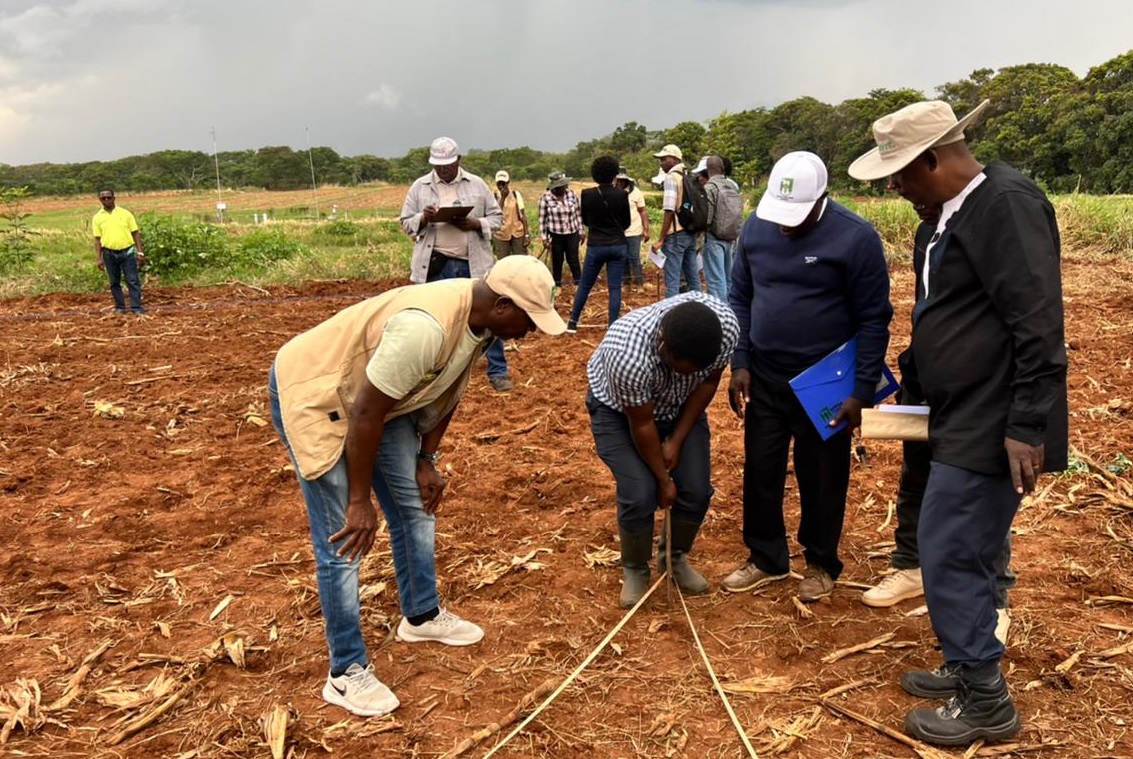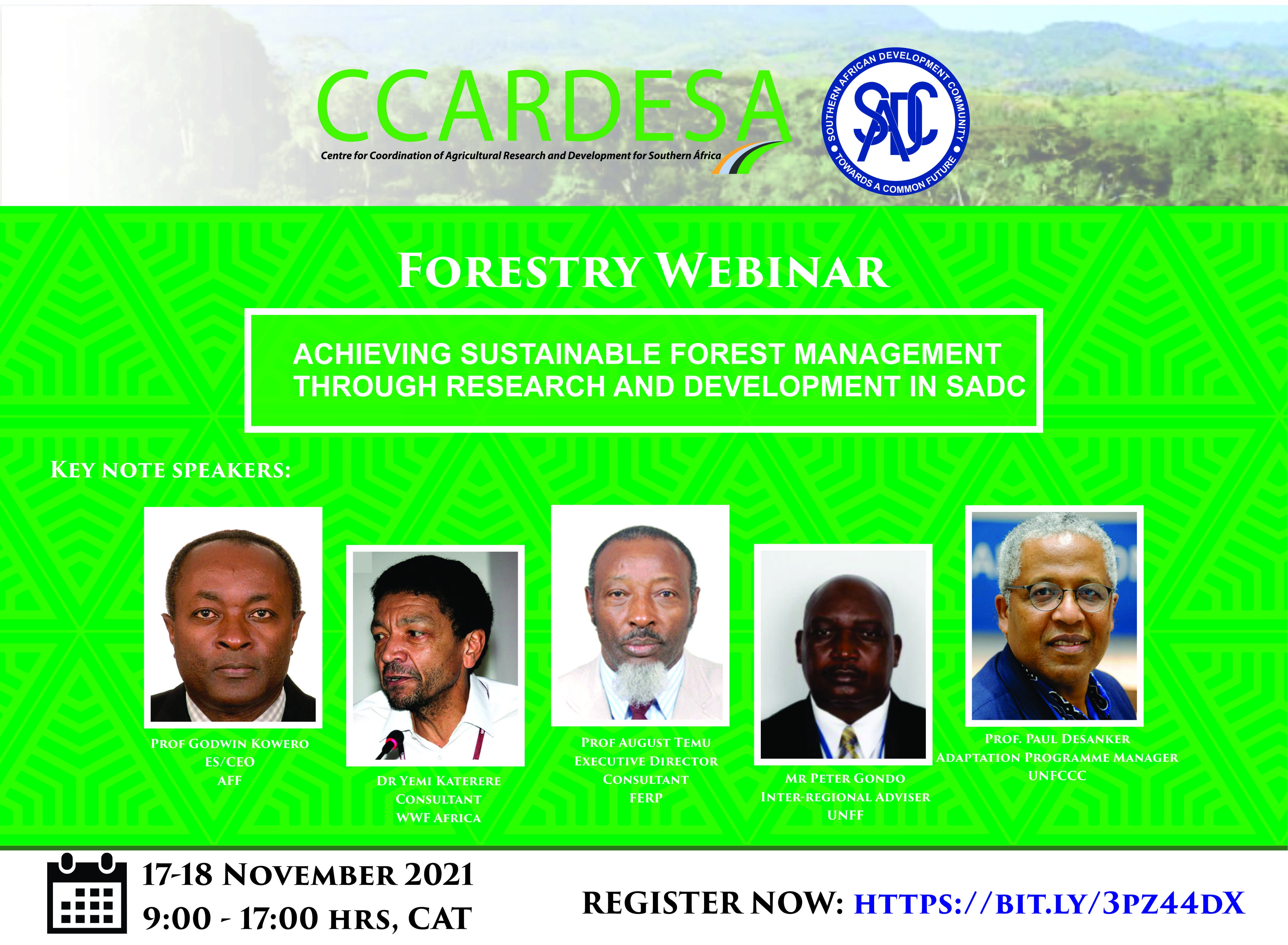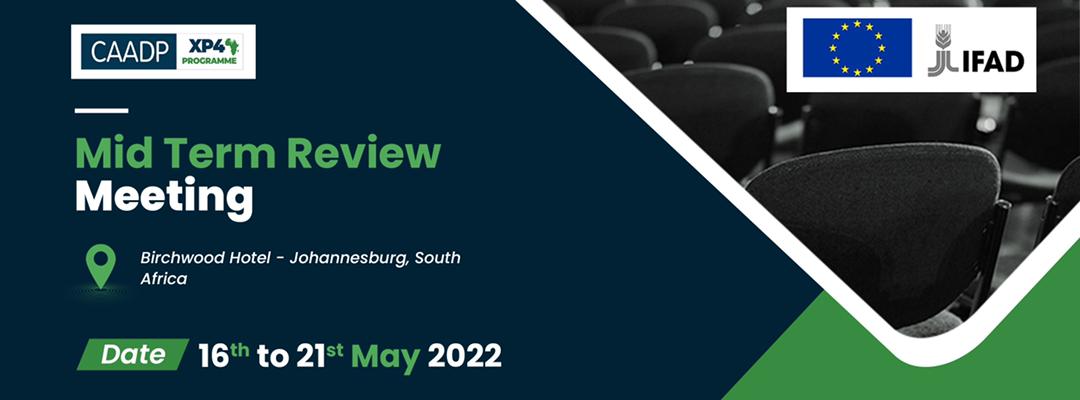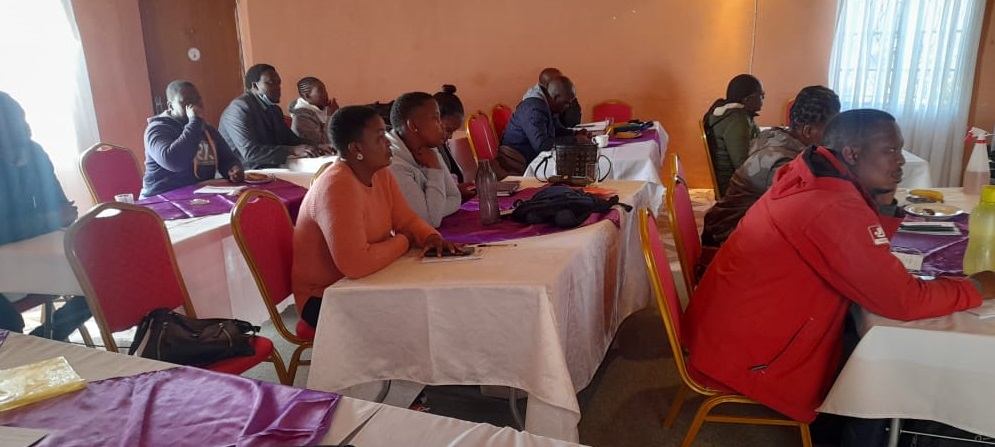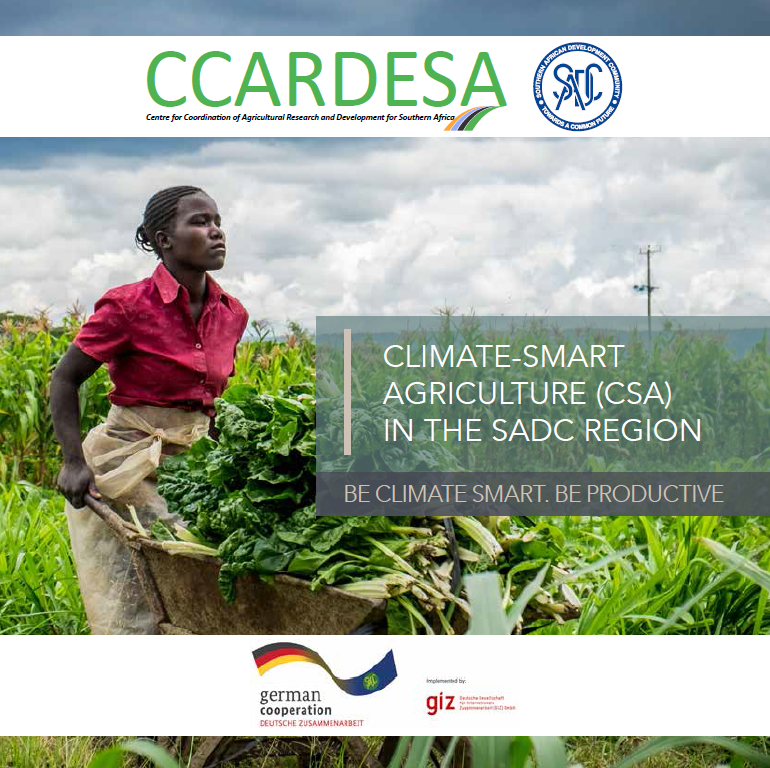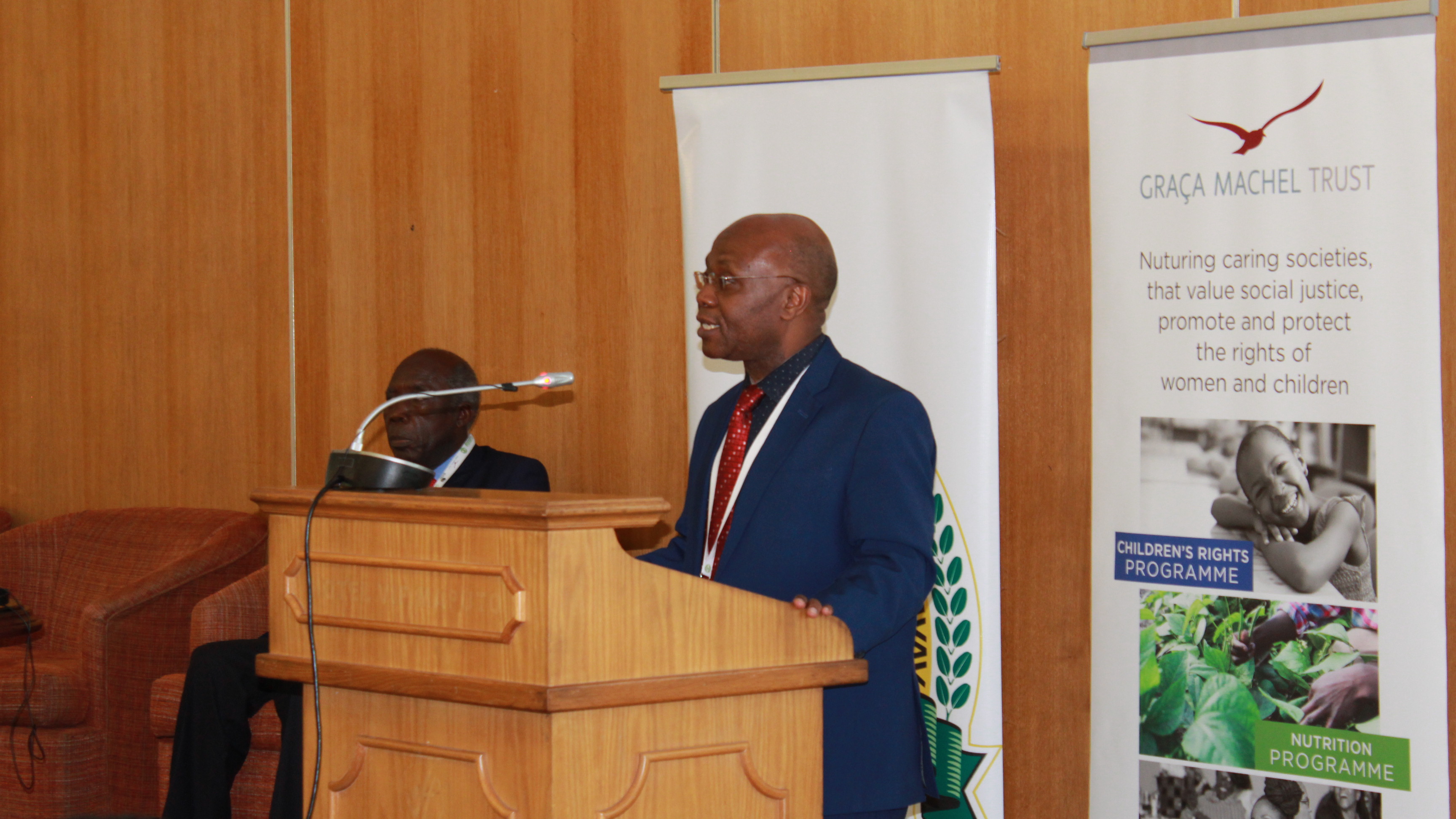The Global Index Insurance Facility (GIIF)
The Global Index Insurance Facility (GIIF) is a dedicated World Bank Group's program that facilitates access to finance for smallholder farmers, micro-entrepreneurs, and microfinance institutions through the provisions of catastrophic risk transfer solutions and index-based insurance in developing countries. Funded by the European Union, the governments of Germany, Japan, and the Netherlands, GIIF has facilitated more than 3 million contracts, with $392 million in sums insured, covering approximately 15 million people, primarily in Sub-Saharan Africa, Asia, and Latin America and the Caribbean.
GIIF 2018. Global Index Insurance Facility. International Finance Corporation, World Bank Group.


